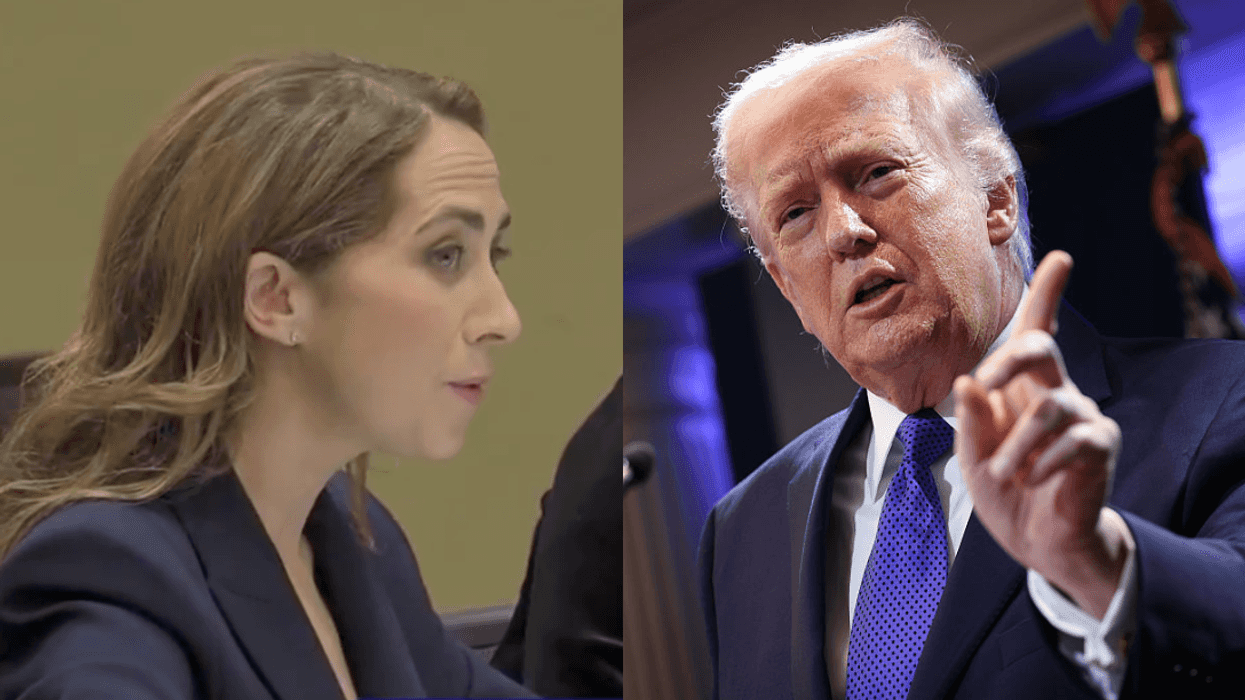If you’ve been following the release of Metal Gear Survive at all, you may have picked up on quite a bit of disdain towards the game. Though seemingly unwarranted, the more you dig into Konami and the Metal Gear series, you'll find that the past few years have been ripe with controversy.
While part of the issue comes from Survive’s disconnect from the series it’s named from and the rehash of a concept done several times before, a significant fraction of the negative reception links back to the growing distrust in the game’s developer/publisher: Konami. Once respected for the caliber of titles it released, the Japanese-based company has come under fire in recent years, losing the confidence and appreciation of those that once applauded it.
How did the studio behind such classics as Metal Gear Solid and much of the Castlevania series go from praised to condemned? Much of the controversy surrounding the company dates back to 2015, not long after the cancellation of the heavily anticipated Silent Hills. After drawing in fans with a mysterious demo teaser titled P.T., Konami’s string of contentious business decisions started, eventually leading to many decrying future titles like Metal Gear Survive.
The Cancellation of Silent Hills

The first look at the product of Guillermo Del Toro and Hideo Kojima’s collaboration was met with mass anticipation. Add in The Walking Dead’s Norman Reedus and the Silent Hill name, and you have yourself what should have been a pathway to success.
Despite the well-received P.T. demo and fan clamoring for Silent Hills, Konami went ahead and canceled the project. In a statement to gaming news site Kotaku, Konami reassured that it was “committed to new Silent Hill titles” despite abandoning the title it had essentially just announced. As to the future of the series? “In terms of Kojima and Del Toro being involved, discussions on future Silent Hill projects are currently underway.” That was almost three years ago.
Though Konami seemed confident in its decision, several months after the cancellation, Del Toro spoke out, stating it made “no fucking sense.” Much like Del Toro and even Reedus, fans were confused, and quite a bit peeved that the latest Silent Hill wouldn’t make it out of early production for no discernible reason.
The cancellation may have seemed random, but in the fourth quarter of 2015, a partial answer as to why it may have happened surfaced. And fans of Konami’s grew even more outraged.
Kojima’s Departure from Konami
Known as the mastermind behind the Metal Gear series, Hideo Kojima has a large following that believes he can do no wrong. So when the trusted visionary behind one of Konami’s most successful series suddenly departed from the studio he had been so loyal to since the ‘80s, it raised a few red flags.
On Oct. 9, 2015, Hideo Kojima celebrated his last day working for Konami. Attendees at the farewell gathering that occurred that day at Kojima’s production studio, Kojima Productions, claimed it was a “cheerful but also emotional goodbye,” adding that Konami’s president, Hideki Hayakawa, or C.E.O., Sadaaki Kaneyoshi, never made an appearance.
Even further, Kojima’s departure came at a strange time. The latest Metal Gear Solid game, The Phantom Pain, had just released a month prior; but the more digging that was done, the more obvious it was that development of Kojima’s game was met with many roadblocks. Making matters worse, when Metal Gear Solid V won the Action Adventure Game of the Year award at The Game Awards 2015, Kojima was nowhere to be found. The award was accepted by Big Boss voice actor, Kiefer Sutherland, as Kojima was barred from leaving Japan to attend the ceremony at the urging of Konami's lawyers.
The Unfinished Metal Gear Solid
At Konami’s behest, by July 2015, box art samples for The Phantom Pain did not sport Hideo Kojima’s name or his production studio logo. The Metal Gear director, however, had a pivotal role in the game’s production, though what had happened started to become abundantly clear as fans completed the game after its September 2015 launch. Many came to find that The Phantom Pain was incomplete. Claims of an unfinished game grew even more when assets for a mysterious 51st mission were decrypted.
For what was intended to be the final canonical Metal Gear Solid game, Kojima and Konami wanted two different things. Konami wanted a game that fell within its budget, but Kojima, which was known for wanting the perfect finished product, stretched it too far. Though the first half of the game is coherent, during the development of the second chapter is where Konami forced Kojima to finish the game, whether he considered it finished or not.
The Phantom Pain may still have earned praise, but those accolades are usually topped with criticism over the sloppy, incomplete second half. Konami, on the other hand, is adamant that nothing is missing from the experience, stating Mission 51 was “additional story content that was canceled.”
The Unhappiest Place in the World

As if Konami wasn’t already suffering through a polarizing year, sandwiched between the release of The Phantom Pain and Kojima’s departure, a report surfaced on Nikkei, a Japanese financial newspaper. According to Nikkei, shortly after Konami’s shift from traditional gaming to more social gaming (mobile, pachinko) in 2010, conditions within the company worsened for employees.
Though it wasn’t the first time Konami came under fire for questionable practices, Nikkei’s report only served to exacerbate the negative press. Some of the more alarming claims against Konami included:
- Cameras used to monitor employee movement
- “Shaming” tactics that include calling out employees that may take longer lunch breaks
- Less “useful” game developers were reassigned to security and janitorial duties
- Social media monitoring that directly led to employee reassignment to different positions
- Kojima Productions was renamed “Number 8 Production Department” and provided computers without internet connection
In 2013, a Japanese newspaper, Asahi News, interviewed a former Konami game developer that had been pressured into working at the company's pachi-slot machine factory. When approached by human resources for unreported reasons, the employee states he was given the option to find a new job within Konami and, in the meantime, work in the factory or look for outside employment. If he chose to leave Konami, he would have been given a three-month, non-renewable contract.
Just to keep his employment at Konami and the promise of creating games again, the developer accepted the factory position hoping a different job would open. Instead, he dismantled pachinko machines until his physical and mental health took a turn for the worse and was eventually forced to leave Konami.
Konami Missteps with Metal Gear Survive
All of this, for the most part, lead to cold reception of Konami’s latest entry into the Metal Gear series. While part of the outcry against Survive is based on the gaming community’s rejection of Konami, others are merely displeased to see the beloved Metal Gear series used for such a shallow, and overdone concept. The lack of Hideo Kojima hits hard for some and the use of the Metal Gear name is more of a slight to those that support the award-winning director. If Survive does prove one thing, it’s that loyalty is prevalent in the gaming community.
Then, of course, there are those approaching the game from a consumer angle, like Steam user Black Cat who was one of many to claim “[i]t’s definitely not worth $40.” It certainly doesn’t help the game’s standing that it requires a constant internet connection and has been confirmed to feature microtransactions.
Whatever the reason, it’s clear that Metal Gear Survive has faced an uphill battle getting to its Feb. 20, 2018, release; and things aren’t looking to get much better even after its launch. Just from reactions to the BETA alone, Metal Gear Survive’s Steam listing accrued more than 2,200 reviews, around 60% of which were negative.


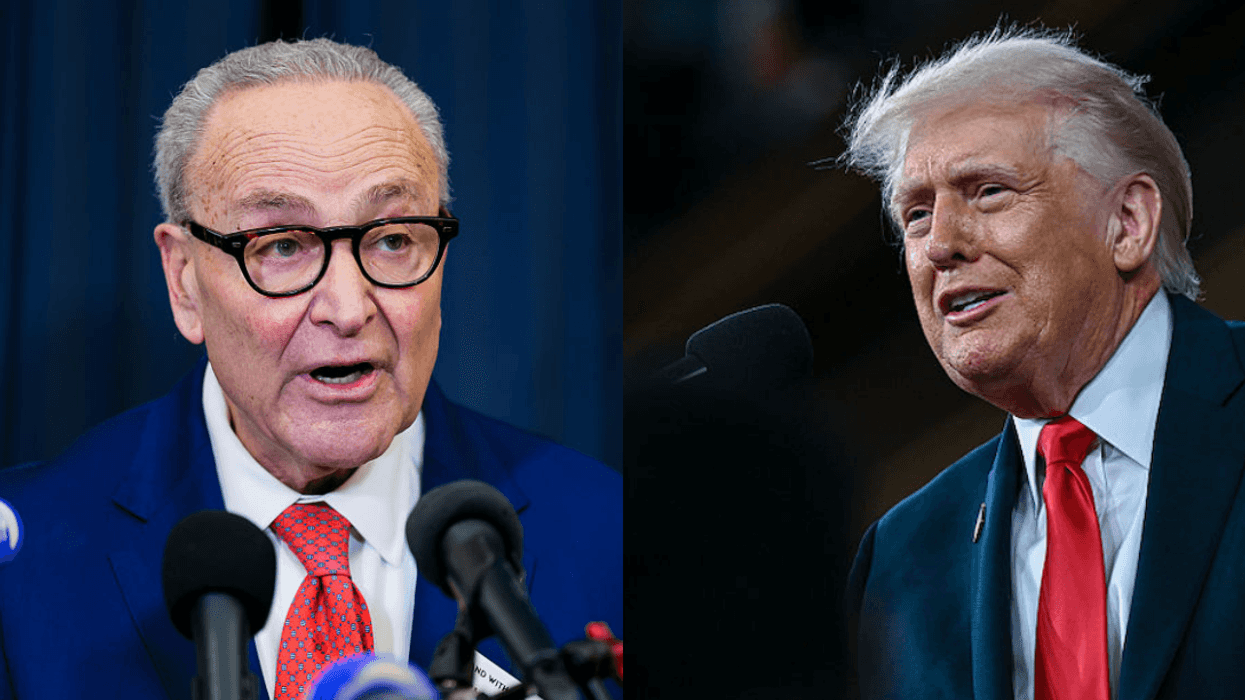




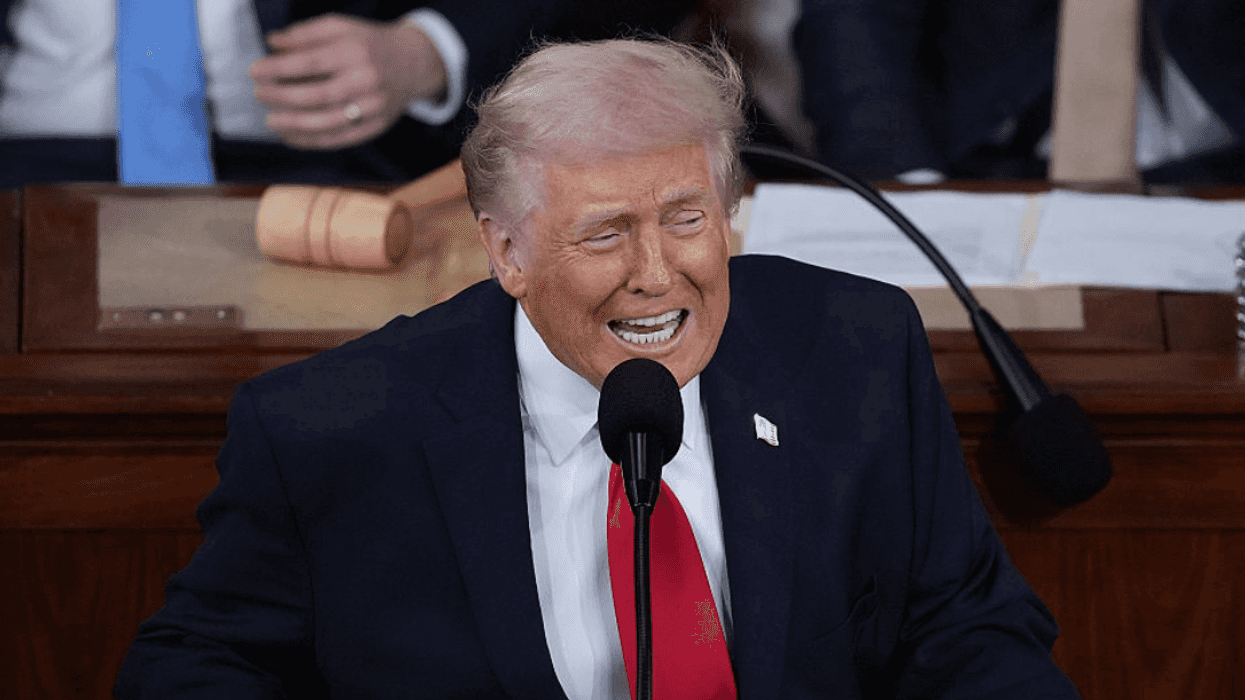





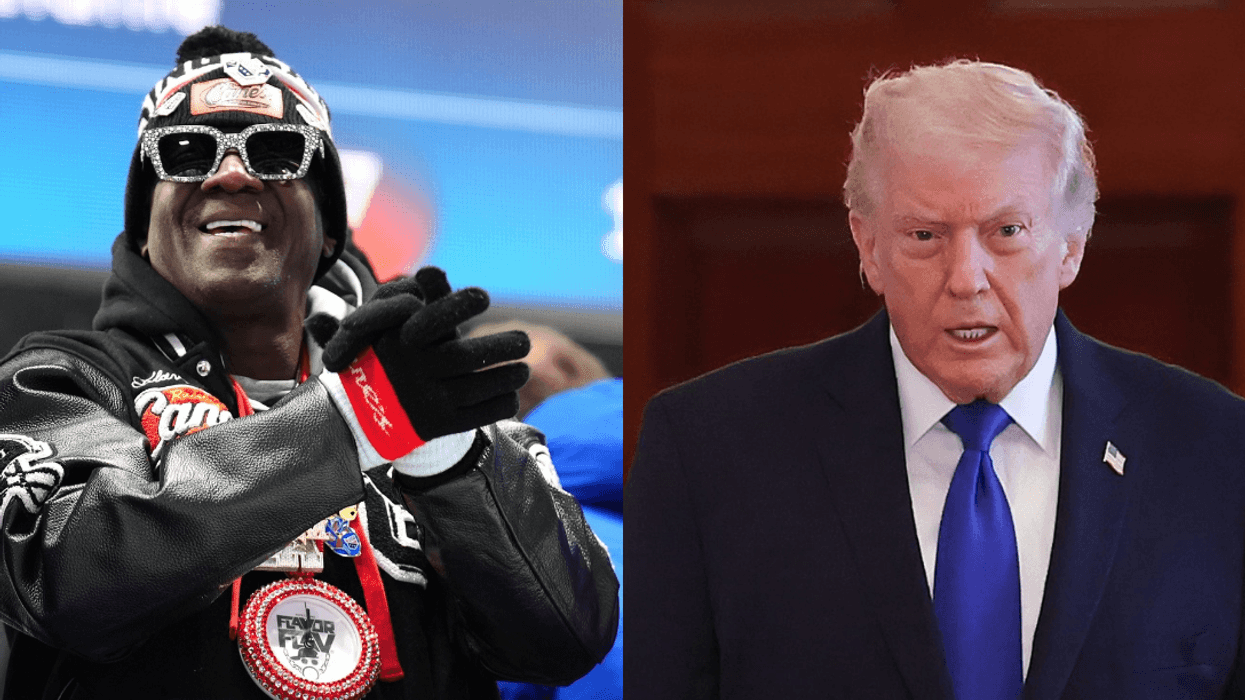
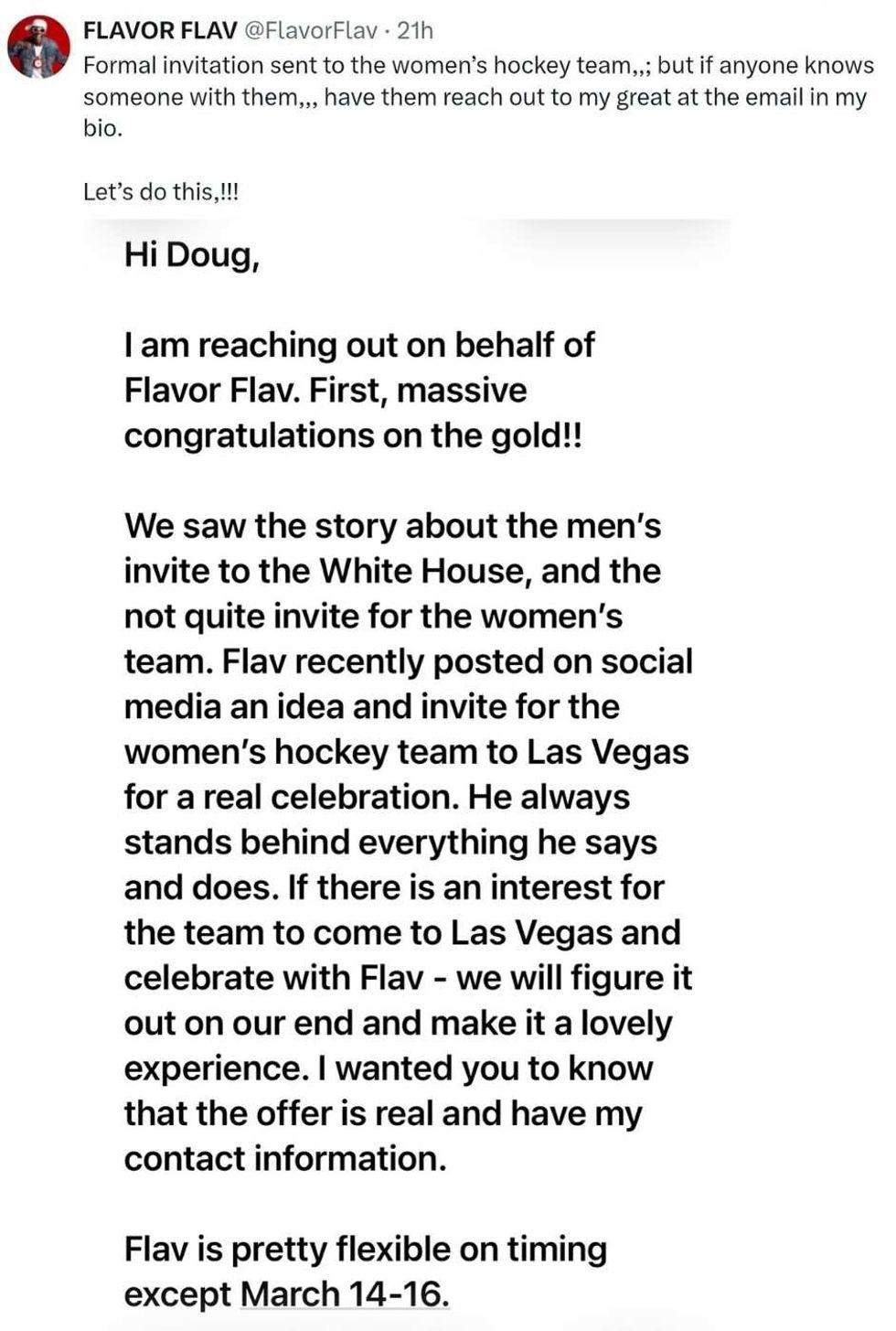 @FlavorFlav/X
@FlavorFlav/X @flavorflavofficial/Instagram
@flavorflavofficial/Instagram @flavorflavofficial/Instagram
@flavorflavofficial/Instagram
